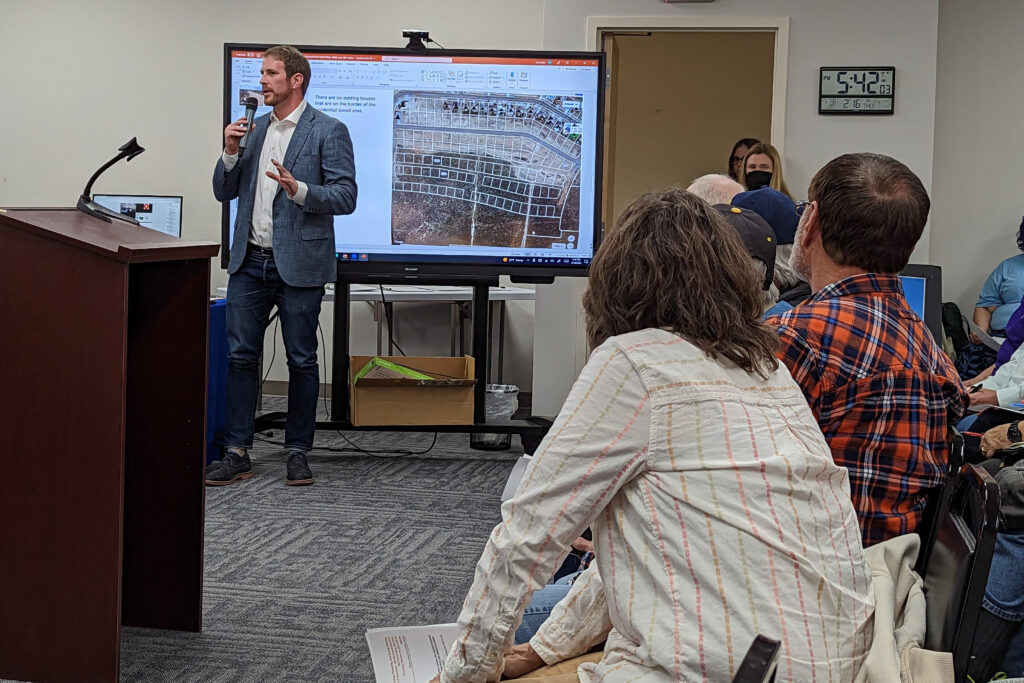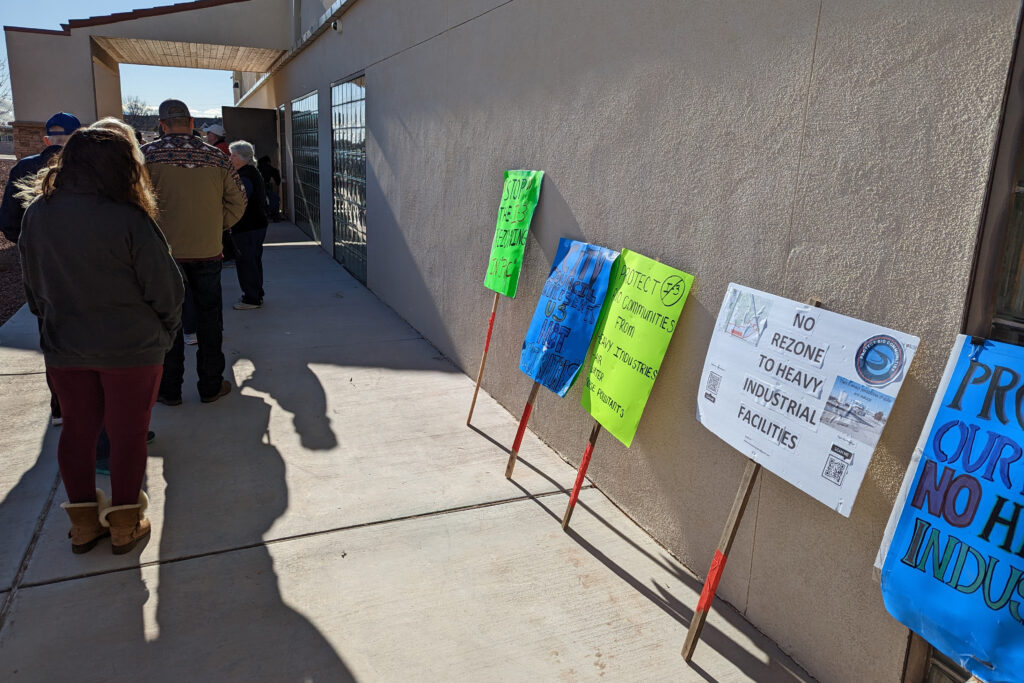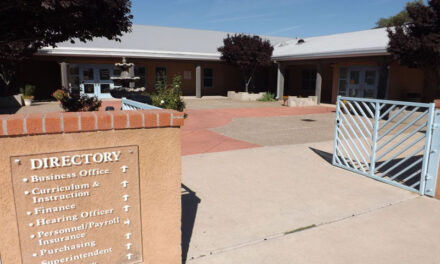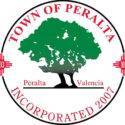RIO COMMUNITIES — More than 150 people packed into Rio Communities City Hall last week for a second public hearing on a controversial zone change request.
After four hours of testimony, the city’s planning and zoning commission put off making a recommendation on Cibola Land Corporation’s request to rezone property on the south side of town to Commercial 3 and Industrial 3.
The commission voted unanimously to table the final vote until its March 2 meeting, which will be open to the public but the commissioners won’t take additional comments about the rezoning application.
The Feb. 16 meeting drew more than twice the number of concerned community members as did the January public hearing, but concerns hadn’t changed — potential negative impacts to local air quality, possible contamination of the soil and aquifer and overall degradation of quality of life in the small city were the central theme of the dozens of comments made during the second hearing.
Cibola Land Corporation, which is owned by Harvey Yates Jr., a New Mexico oil and gas developer, owns more than 300 acres on the southern end of the city. The company, through its vice president Harvey Yates III, has requested a rezone of 262 acres to Industrial 3 and 37.78 acres to Commercial 3.

Julia M. Dendinger | News-Bulletin photos
Harvey Yates III speaks to the Rio Communities Planning and Zoning Commission about his request for an Industrial 3 — heavy industrial — zone on the south side of the city.
A resident on Lee Trevino Boulevard, Rudy Griego said he was concerned heavy commercial and industrial development in the area would lower air quality and could cause water pollution and an increase in traffic.
“Quality of life will suffer and lower property values,” Griego sad. “I don’t want to see that happen to my neighbors.”
Concerns about quality of life may have already taken hold according to local realtor Loedi Silva, who told the commissioners in 2022 there was an average of eight houses a month on the market, but in the less-than-30 days since the first hearing, 10 homes have been put up for sale.
“People are wanting out. It breaks my heart for this community,” Silva said. “Most of us have been here longer than we can remember it being a city. Let’s vote for our people and not big dollars.”
Changes and promises
During last week’s hearing, Yates III said residents raised “accurate concerns” about the proposed 50-feet buffer zone between the Cibola property and residential lots, and said the company was willing to increase the buffer to 300 feet.
“People see the name Yates and assume we’re trying to destroy the world. We don’t own the mineral rights (on the property) and will drill zero wells,” Yates said. “The only thing we would drill would be water wells, which we would be willing to lease to the city.”
Yates continued, saying he was willing to put in writing the company wouldn’t drill for or store oil and gas on the property.
“Oil, gas, chemicals and things that create odors. We don’t want a chemical plant there,” he said. “At the same time, we don’t want to prevent something like a Walmart to keep fuel on site for things like forklifts. We don’t want to destroy the community.
“If you don’t trust we’ll do what’s best for the community, trust we will do what’s best for our properties as a business.”
Open spaces and environmental concerns
Kathy Gurule moved to Rio Communities last year to escape what she called the “uncontrolled growth” of the village of Los Lunas.
She described the smaller community as a place with open spaces and quite, populated mostly by retirees and young families.
“I don’t think anyone moved here for big job opportunities,” Gurule said. “This is growth that will benefit only a select few.”

More than 150 people packed into Rio Communities City Hall last week to listen to and give testimony about a proposed heavy industrial zone on the south side of the city. No none of the dozens of speakers supported the zone change.
Teresa Smith de Cherif, vice chairwoman of the Valencia Soil and Water Conservation District Board of Supervisors, which owns 240 acres west of the Cibola property on N.M. 304, questioned whether the city’s fire department was trained to fight volatile chemical fires, if it had a way to measure and monitor air quality and detect gas leaks.
“No. That work is normally afforded to the (U.S. Environmental Protection Agency) and there is no EPA monitoring site in Valencia County,” Smith de Cherif said. “You have no way to have standards measured in a way that property owners could be held accountable. If there are hazardous leaks in the water aquifer or river, can you afford the clean up? Can the city or county afford the environmental monitoring?”
The Rio Communities Planning and Zoning Commission is a recommending board. The Cibola zone change request — like all zoning requests — will go to the Rio Communities City Council for a final decision. The commission can recommend approval or disapproval of the request to the council, or forward it on with no recommendation at all.
The council will hold its own public hearing on the application during which members of the public can again weigh in with concerns and testimony.
Julia M. Dendinger began working at the VCNB in 2006. She covers Valencia County government, Belen Consolidated Schools and the village of Bosque Farms. She is a member of the Society of Professional Journalists Rio Grande chapter’s board of directors.
















